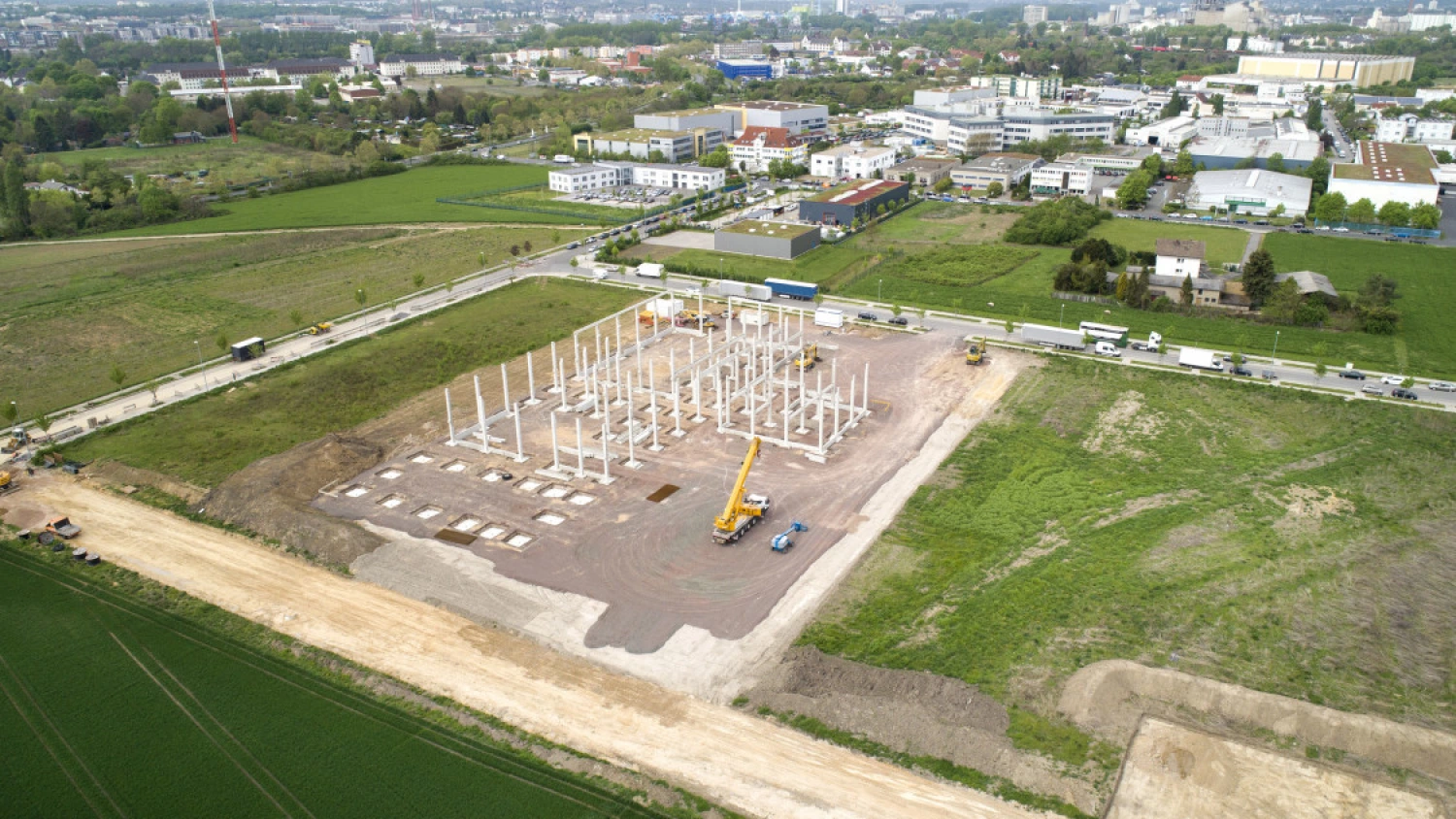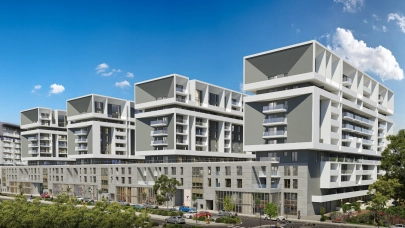
The hunt for logistics properties is intensifying, many investors are looking for strip malls and specialised stores, new and premium office buildings are increasingly leaving obsolete ones behind. Commercial real estate advisor VLK Cresa summarised the last few months on the Hungarian property investment market.
The market for sites suitable for building industrial and logistics properties has boomed in recent months like never before. There were already some major transactions last year, and demand remains strong with further deals being prepared. The most active players are logistics providers and retailers, but there are also manufacturers who are looking for large spaces.
"Developers and investors alike prefer locations along the M0 motorway ring and near major highway intersections. They are looking for sites with good characteristics that can be easily re-zoned. We are seeing new developers join the already active ones, and foreign-owned property developers are also expanding and beginning new projects. Some are expanding existing warehouses or logistics bases, but separate new projects and investments are also being launched,” Valter Kalaus, Managing Director of VLK Cresa, said describing the past few months.

Valter Kalaus
Managing Partner
VLK Cresa
Unlike in other real estate segments, industrial developments are typically faster, which means there will be several hundred thousand square meters of new space on offer in the following year or two. Meanwhile, Kalaus is not concerned rents could decrease as demand strong and is expected to remain so in the long term, which means it soaks up supply easily.
From an investment point of view, he pointed out property yields in the segment had practically caught up to the 7% to 8% level of the retail property market, so the opportunities for logistics bases have improved considerably. As logistics and retail have become entangled during the coronavirus pandemic, these properties will likely remain attractive to investors in the long term as well, Kalaus added. Retailers looking for the security of supply have already tied up more warehouse capacities than they currently need.
In the retail market, the popularity of strip malls and specialised stores remains unbroken. These properties have stable tenants, and nearly all properties have extended leases in recent months, which keeps investor interest high.
Speaking about existing office buildings, Kalaus highlighted how investors find it harder to value these properties these days due to the large uncertainty. As for new office buildings, there are known delays of several months, but there is currently no pressure on developers to increase the pre-lease ratio.
"Most tenants are extending their lease instead of moving. This is bad news to developers of new projects," Kalaus said, adding that premium office buildings that have long-term tenants who pay the rent on time can still count on strong interest from investors. These will continue to increase the price gap to offices in worse locations or condition, he said.
In VLK Cresa's experience, yields are currently between 5% and 6% in the premium office segment.
According to the company, eventful months are ahead regarding investments in the still-staggering tourism sector. Investors are sitting on large piles of cash, and their buying intentions are also growing stronger. They are looking for hotels in Budapest's downtown area with at least 100 rooms, preferably operated by an independent player. There is also interest in locations outside Budapest where massive amounts of foreign tourists and the arrival of further manufacturers are expected.
"We have heard about investors who chose to lend money to the operator of a hotel it owns, just to ensure the survival of the unit in the current difficult period. Some owners waived the rent or settled on an open book basis when hotels decided to remain open despite the hardships,” Péter Takács, Partner at VLK Cresa, said listing examples seen during the coronavirus crisis.
Large domestic investors are testing the waters and foreign players are also showing interest, although the latter demand a yield premium as they believe it is better business to buy hotels in Spain, Germany or the Netherlands, all of which offer similar yields, Takács said, speaking specifically about the past couple of months. In these countries, the tourism industry received more government help than in Hungary, so the sector remained up and running and operators may yet be able to rebound.



